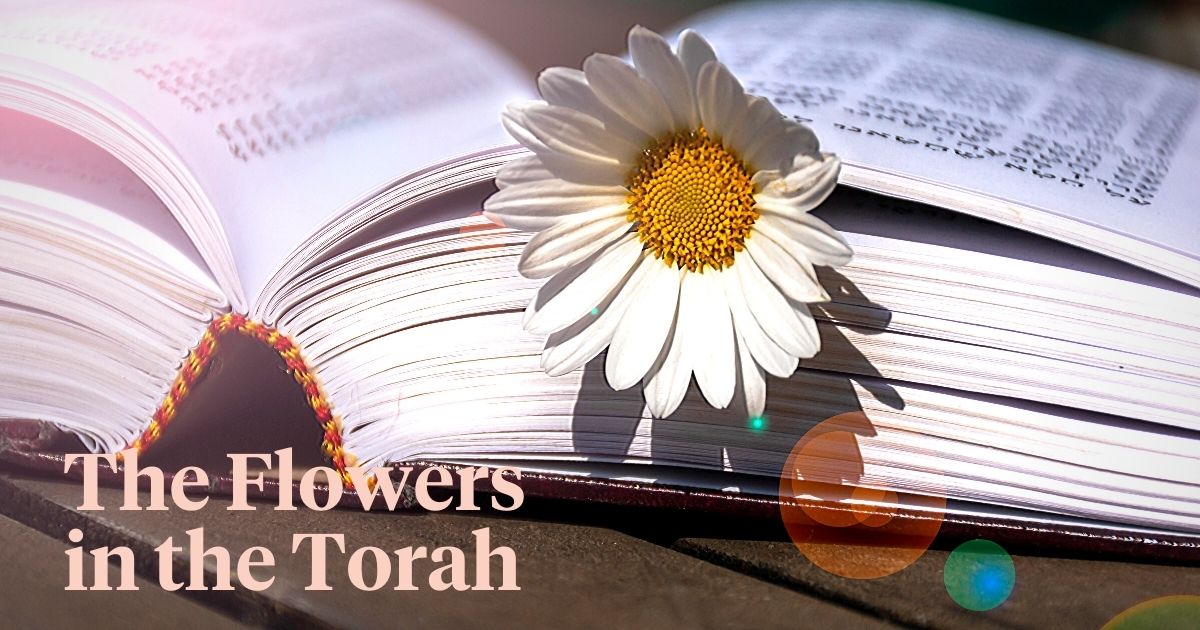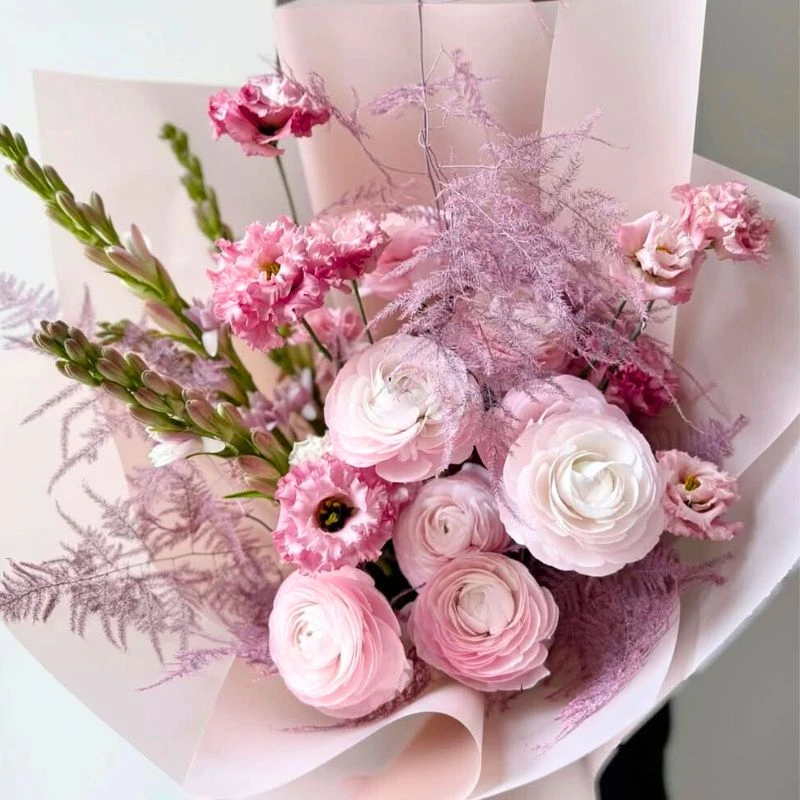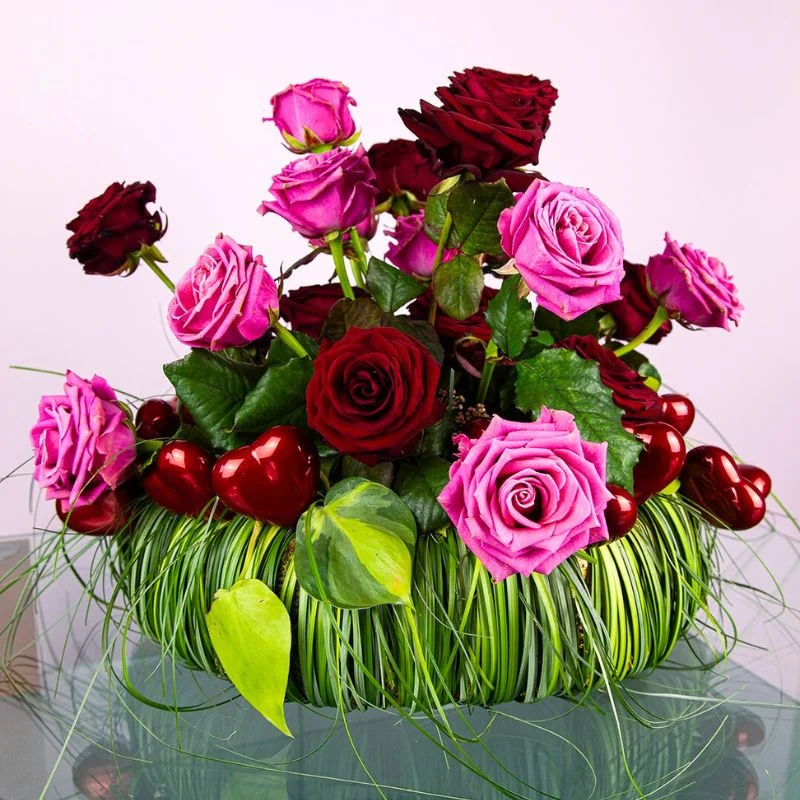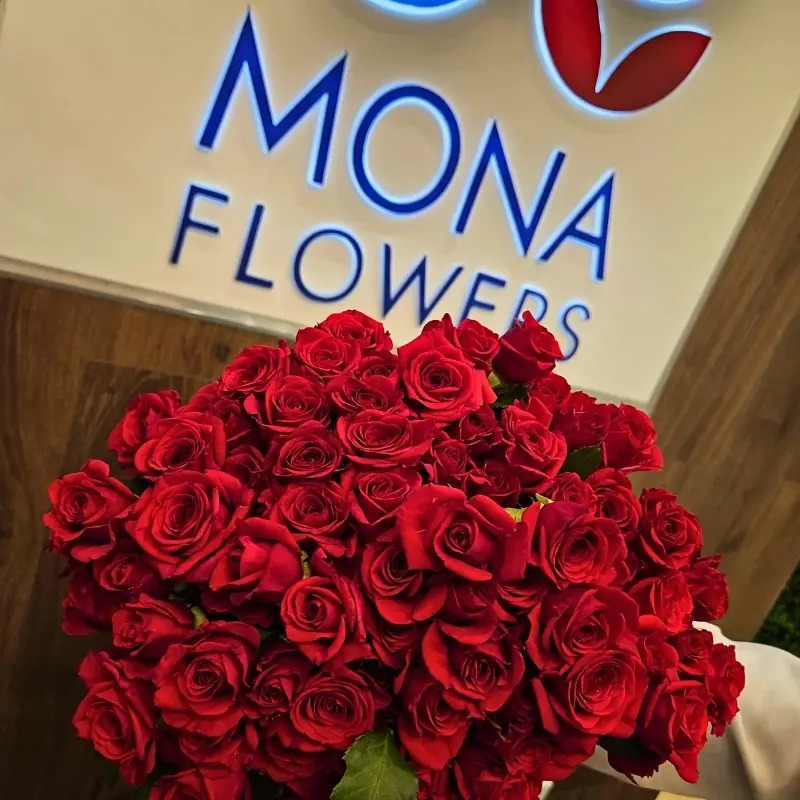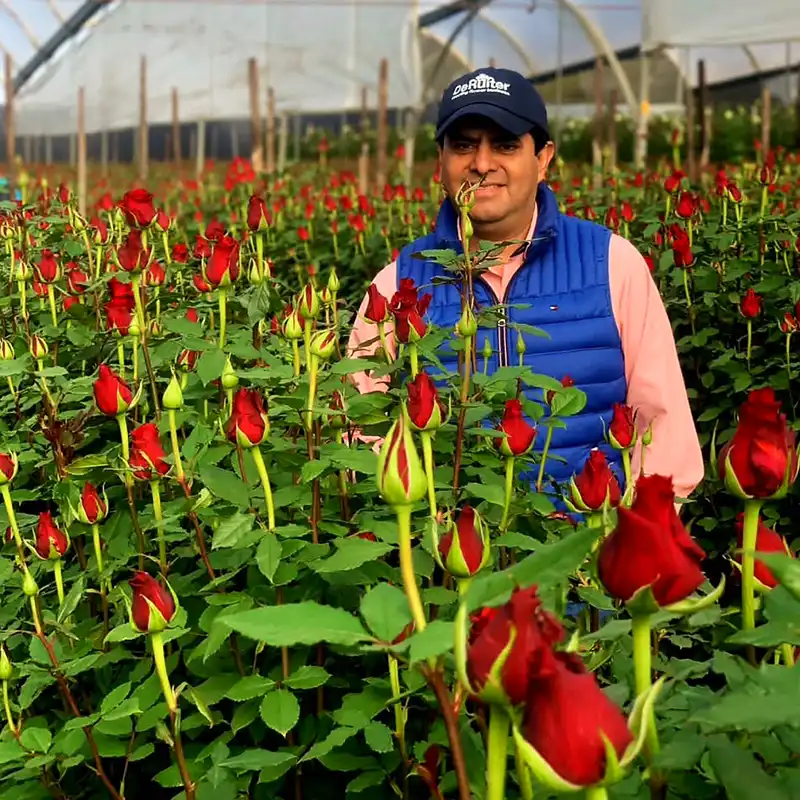Torah, the sacred text of Judaism, is replete with rich symbolism and deep meanings, all of which are essential for adherents. Flowers hold a special place among the religious text’s many facets, symbolizing beauty, growth, and spirituality.
Inside the pages of the Torah, the flowery botanical wonders that build nature's richness play a captivating role in offering profound teachings and timeless stories. From delicate lilies to fragrant roses, the Torah cites flowers with covert messages and enchanting tales. These flowers bloom with symbolic meaning, weaving a narrative of both beauty and sanctity.
Fascinating History Behind the Use of Flowers in the Torah
The use of flowers in the Torah is rooted in a rich history that spans centuries and carries deep symbolic meaning. From ancient times, flowers have held significance in religious and cultural practices. They have served as a language of symbolism representing various aspects of human spirituality.
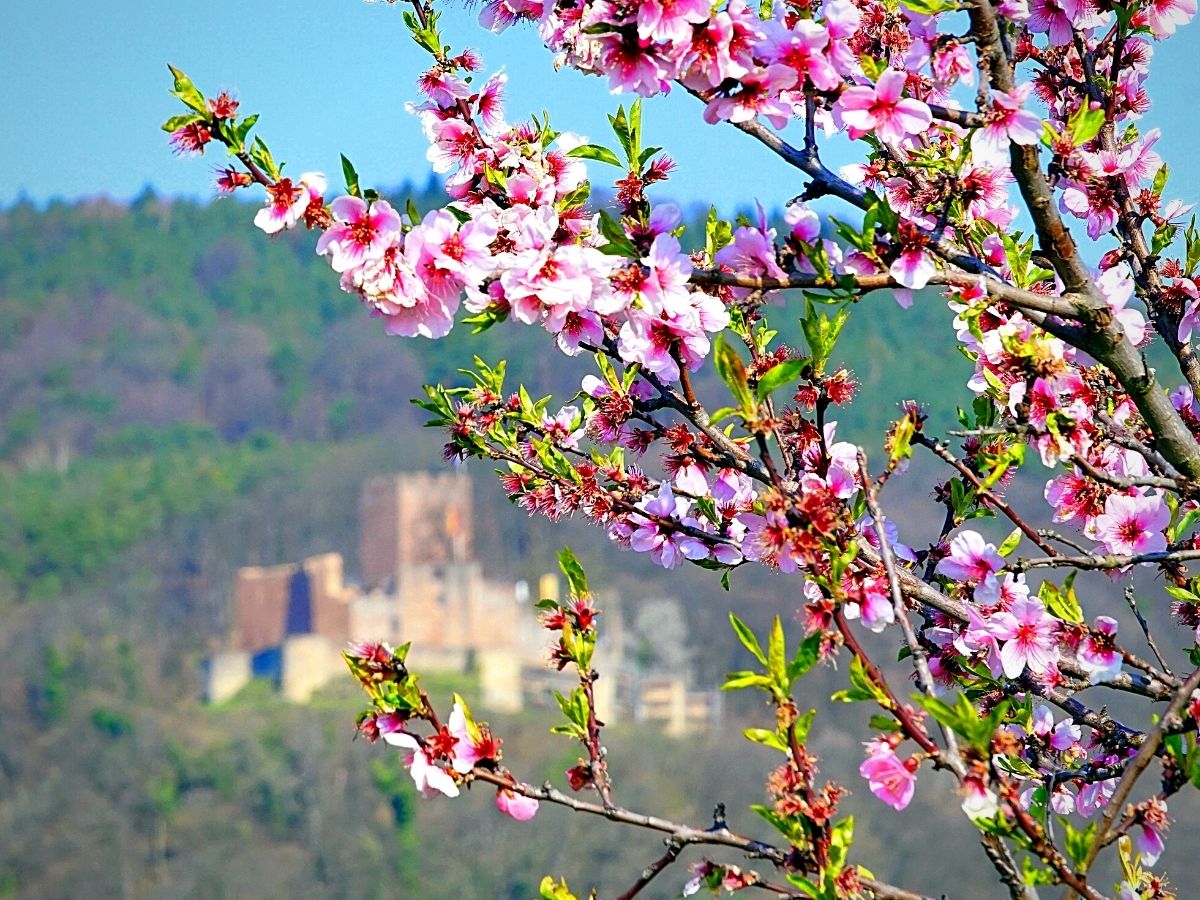
Photo by matthiasboeckel on Pixabay.
Floral Symbolism in Ancient Cultures
The importance and reverence of flowers can be traced back to ancient civilizations such as Egypt and Mesopotamia, where they were revered for their beauty and believed to possess divine qualities.
Flowers were offered as gifts to gods and used in religious rituals and ceremonies. This tradition of floral symbolism and its association with spirituality carried over into Hebrew culture.
Flowers in the Tabernacle and Temple
In the Torah, flowers are mentioned in the context of the Tabernacle and the later Temple in Jerusalem. These sacred spaces were adorned with intricate floral motifs and decorations, symbolizing the divine presence and creating a visually awe-inspiring atmosphere.
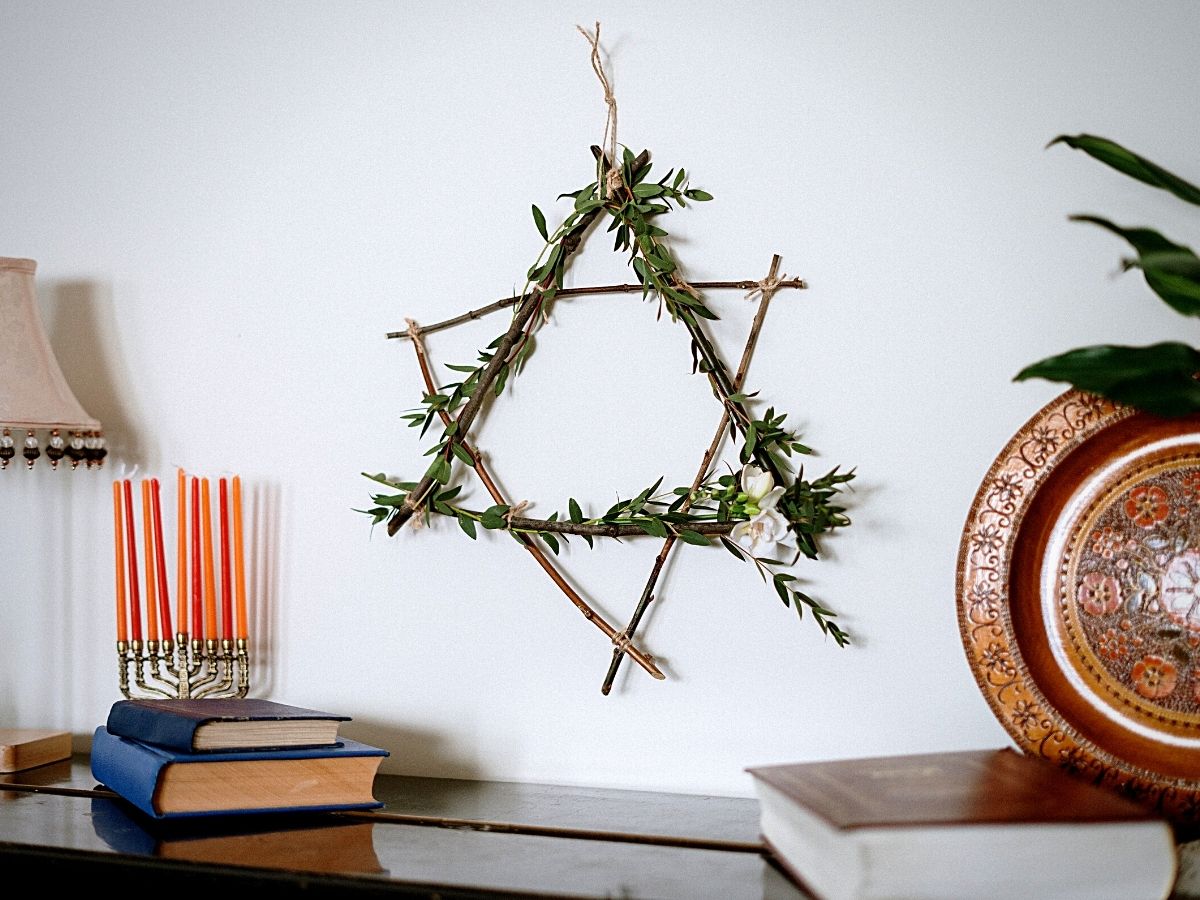
Photo by Cottonbro Studio on Pexels.
Flowers in these sacred spaces sought to evoke a sense of beauty, reverence, and connection with the divine.
Symbolic Meanings in Biblical Texts
The Torah contains numerous references to flowers, both explicitly and through poetic and allegorical language. Flowers are used as metaphors and symbols to convey deep spiritual concepts, moral teachings, and the relationship between humans and the divine.
The rich symbolism associated with flowers adds depth and beauty to the text and hence enhances the reader's interpretation and engagement.
Flowers as Divine Messages
Flowers in the Torah are often associated with divine messages and blessings. The presence of certain flowers can signify spiritual guidance, protection, and the manifestation of God in people's lives.
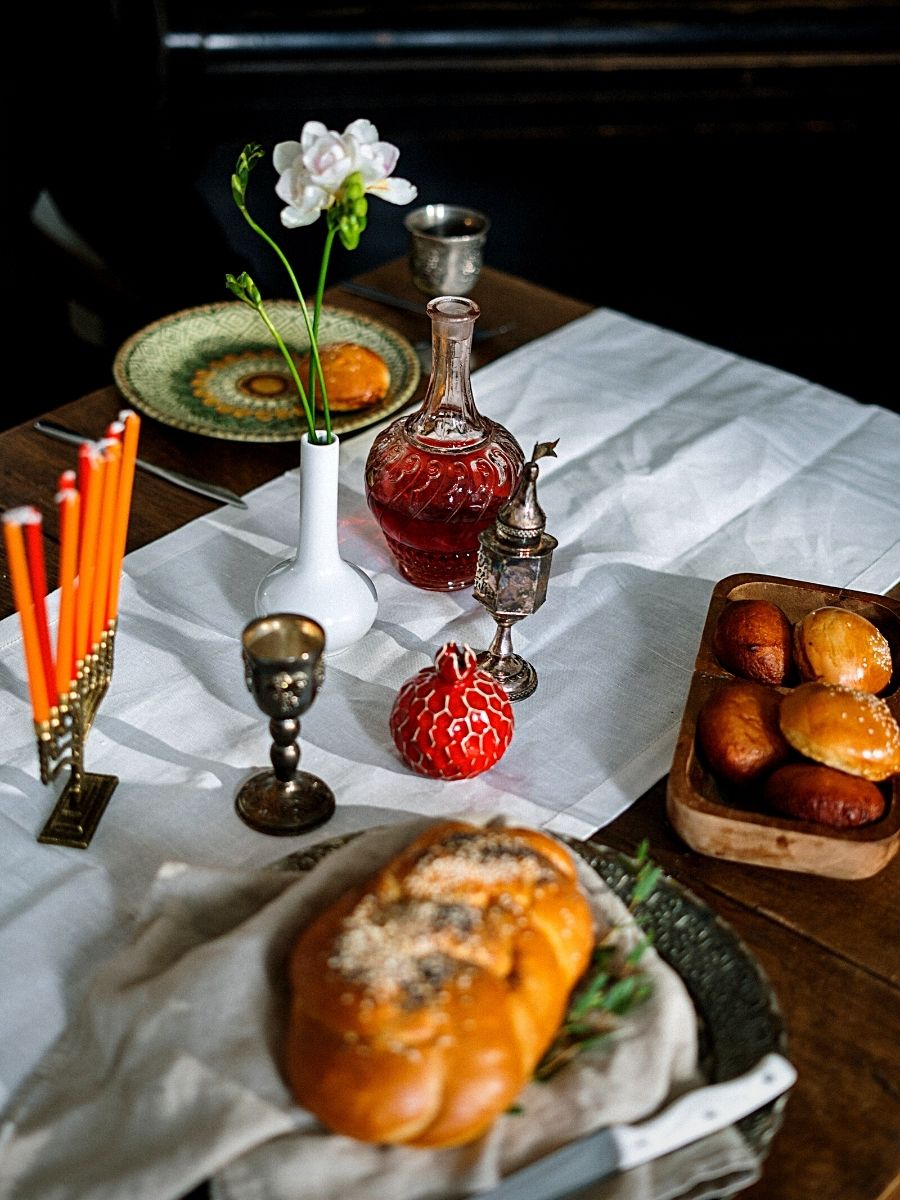
Photo by Cottonbro Studio on Pexels
They are seen as a means through which the Divine communicates and bestows blessings upon humanity, offering a tangible connection between the earthly and the divine realms.
Flowers as Spiritual Lessons
Flowers also serve as spiritual lessons in the Torah, offering insights into human behavior and the path toward spiritual growth.
Each flower's characteristics, such as beauty, fragrance, resilience, or purity, provide valuable lessons and reminders for individuals to cultivate these qualities within themselves.
Their Continued Significance in Jewish Tradition
The symbolic use of flowers in the Torah has transcended ancient times and holds significance in Jewish tradition and rituals.
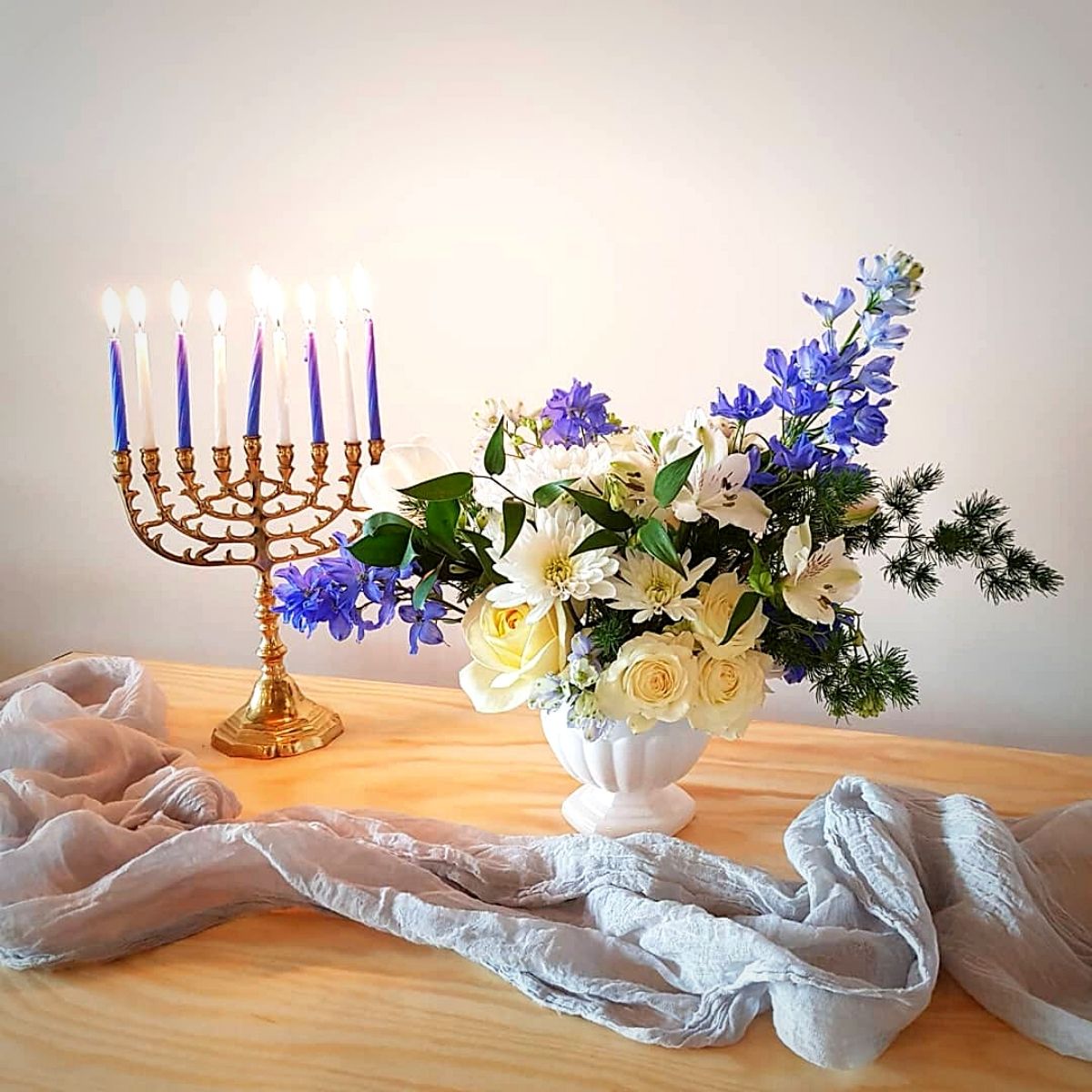
Instagram image by @thedoctorsflowers
Flowers play a prominent role in various Jewish ceremonies, including weddings, holidays, and festivals, symbolizing renewal, and the presence of the divine in these celebratory moments.
Which Are the 10 Important Flowers of the Torah?
Alongside the vivid imagery found within the Torah’s pages, flowers play an influential role with their immense symbolic meanings that enrich the in-depth understanding of spirituality and the human connection with God.
Some of the flowers that the Torah mentions, and which play a key role in the text’s pages include:
The Majestic Lily Is a Symbol of Purity and Renewal
With their delicate petals in sacred gardens, the lily adorns numerous verses in the Torah. These flowers symbolize purity, innocence, and rebirth. Their elegant petals are a constant reminder of the blossoming nature of the soul and the divine potential for growth that rests within every individual.
The lily is often associated with spiritual enlightenment and the emergence of the divine in people’s lives. The flower’s radiant white petals and graceful stature represent the quest for purity of heart and the opportunity for spiritual renewal, presenting reassurance and hope in times of gloom.
The first account of the lily is given by Ibn Ezra in his commentary on the Song of Solomon and is one of the few descriptions of plants in Jewish literature. It runs thus: "It is a white flower of sweet but narcotic perfume, and it receives its name because the flower has, in every case, six petals, within which are six long filaments." Is it a coincidence that the shape and six points of the lily match the shape of the Star of David?
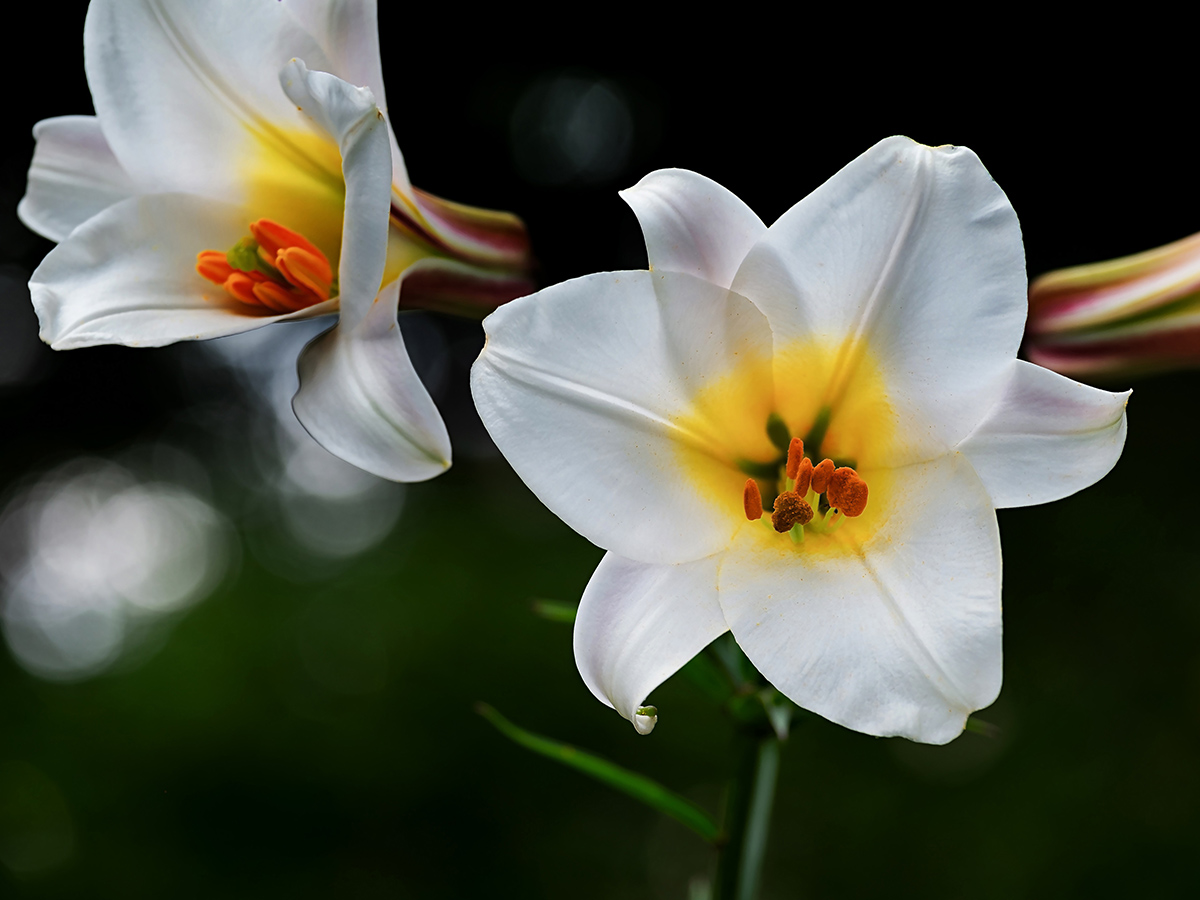
Photo by 1195798 from Pixabay.
The Rose Is an Enigmatic Fragrance of Love and Mystery
An aromatic presence in ancient tales, the rose, with its captivating fragrance and fascinating beauty, represents love, desire, and mystery. Its presence in biblical narratives symbolizes the multifaceted nature of human emotions and the quest for spiritual enlightenment.
Throughout the Torah, the rose emerges as a metaphor for beauty, love, and the enigmatic nature of the divine. Its delicate petals reflect the splendor of creation, while its thorns hint at the hidden mysteries of the spiritual realm.
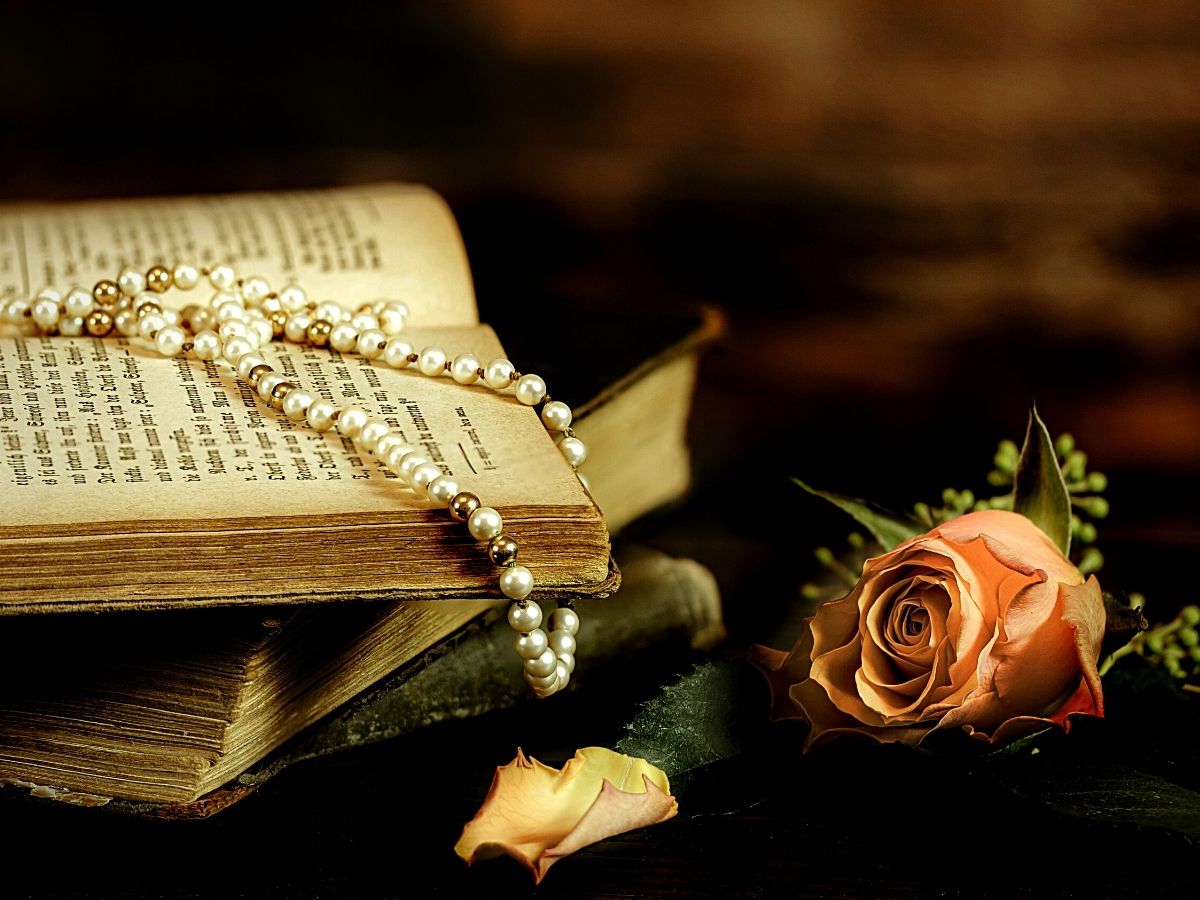
As the rose's fragrance captivates the senses, the divine's love permeates lives and invites people to acknowledge the beauty and wonder of the world.
The Noble Olive is a Sign of Peace, Prosperity, and Spiritual Anointing
Deemed to be an abundant blessing from above, the olive - which is revered for its oil - is a symbol of peace, prosperity, and divine blessings. Its significance in the Torah extends to the story of Noah and the dove, illustrating hope and the restoration of harmony in a world recovering from chaos.
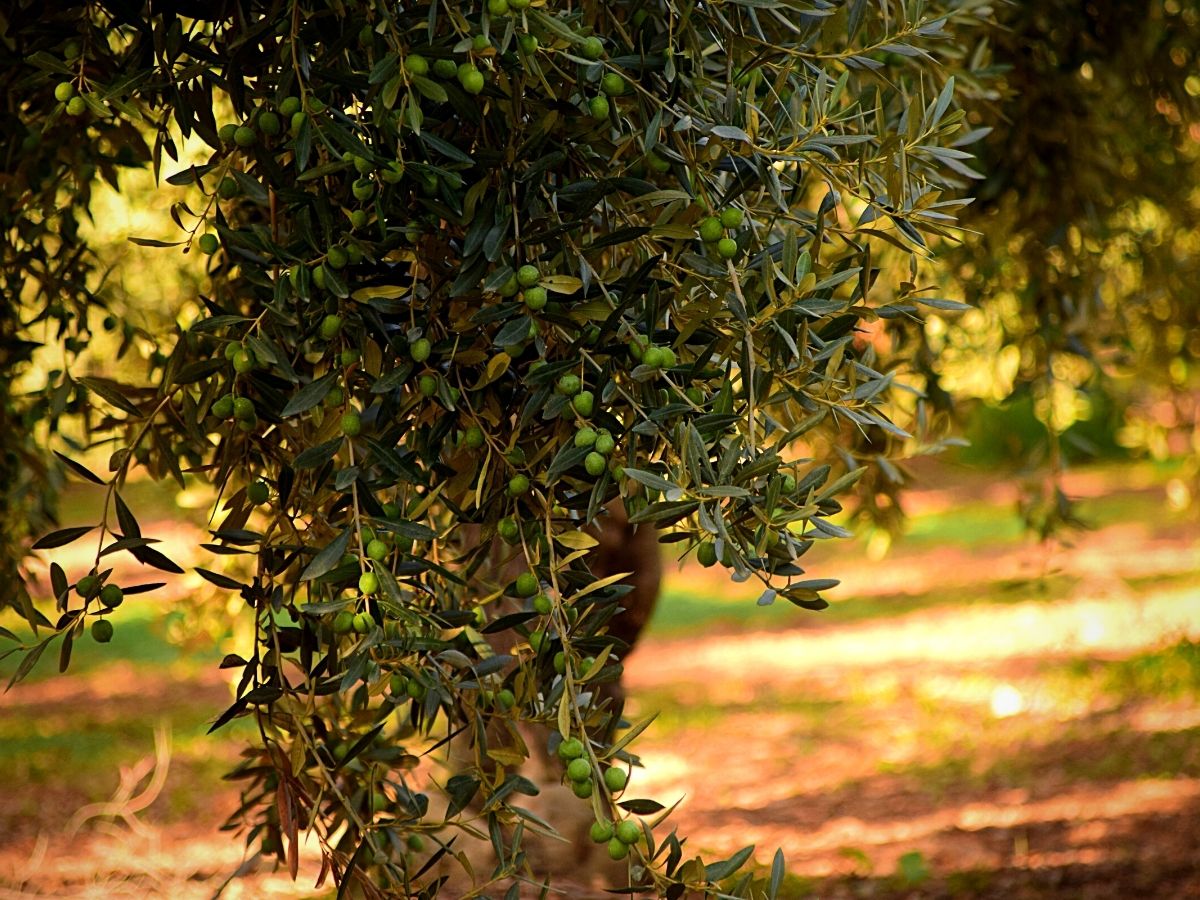
Photo by ulleo on Pixabay.
The olive holds a place of honor in the Torah, embodying peace, prosperity, and the anointing of the divine. Its oil, extracted from the fruit, serves as a symbol of sacred blessings and spiritual illumination.
Olives are pressed to produce their valuable oil, and hence in this way, challenges ought to be viewed as sources of deep wisdom and spiritual growth.
The Radiant Sunflower Is a Testament of Faith and Resilience
Following the sun's divine path, the sunflower, with its radiant face always turned towards sunlight, represents faith, loyalty, and unwavering dedication to a higher power. Its golden petals mirror the spiritual journey in the pursuit of enlightenment.
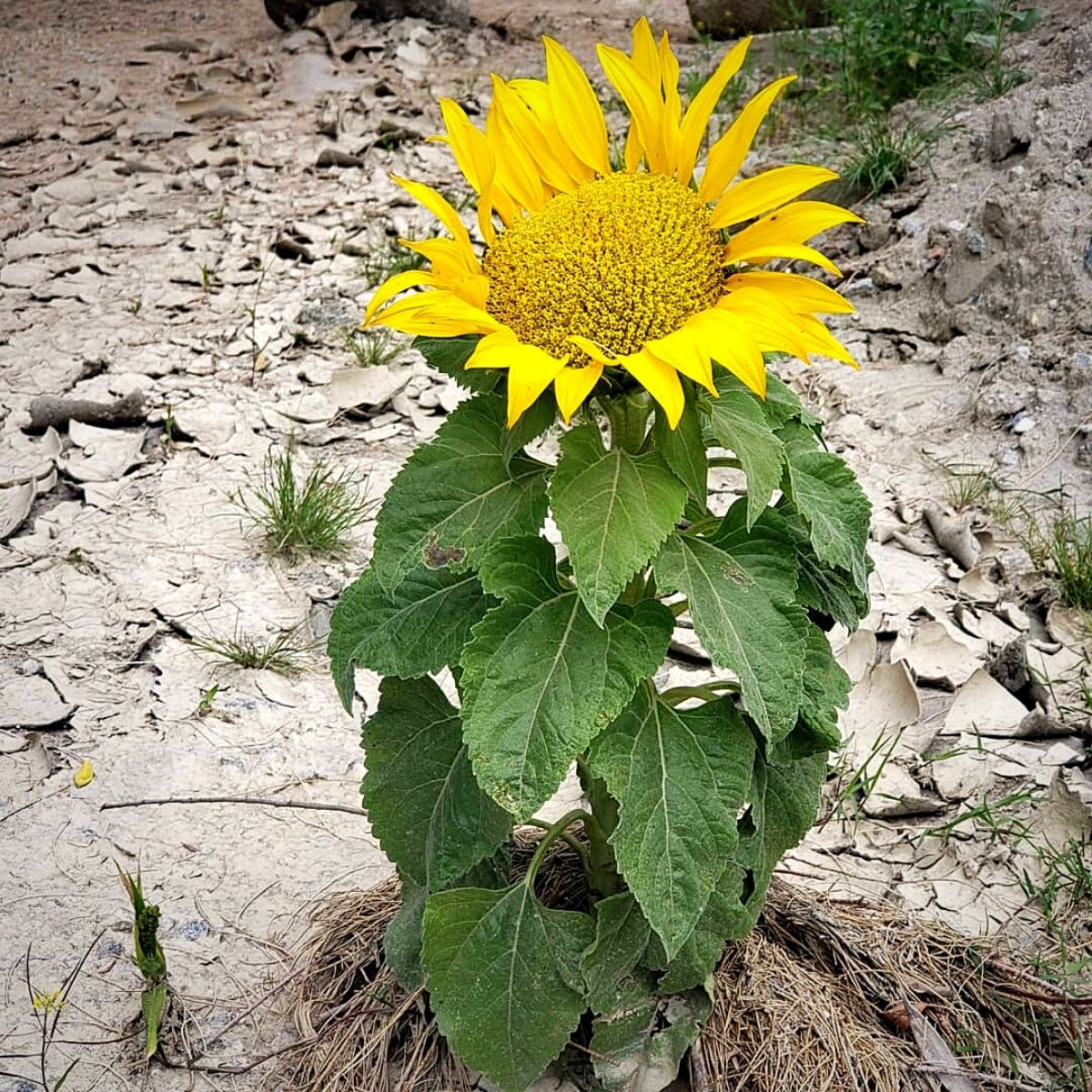
Instagram photo by @spice601.
The sunflower’s vibrant petals’ unwavering devotion to the sun, embodies faith and the constant pursuit of divine light. The flower, therefore, is a motivation for people to always seek divine guidance and to illuminate the world with acts of kindness, love, and compassion.
The Humble Hyssop Defines a Purifying Agent of Spiritual Cleansing
The hyssop flower represents a fragrant path to purity. Humble as it is, the hyssop with its purifying qualities, symbolizes spiritual cleansing and renewal. Its mention in the Torah calls to mind the rituals of purification, emphasizing the importance of inner transformation and the pursuit of righteousness.
Its branches were used for sprinkling the blood of the Passover lamb, symbolizing the purification of the Israelites. In the modern day, this serves as a reminder that through repentance and spiritual cleansing, anyone can find restoration and renewal.

Instagram photo by @somorganics
The Fragrant Myrtle Produces a Scent of Hope and Healing
Fondly defined as a balm for the soul, the myrtle is known for its captivating fragrance. This flower signifies hope, healing, and restoration. It appears in celebrations such as Sukkot and serves as a reminder of the divine presence and the renewal of the Holy Spirit.
The myrtle, with its sweet-smelling leaves, is associated with peace, joy, and God's guidance. As the flower's fragrance permeates the air, so should divine guidance replenish people’s lives with peace and joy, that would lead them through the darkest of moments.
The Resilient Desert Rose Blossoms in Aridity and Hence a Symbol of Perseverance
A symbol of beauty amidst adversity, the desert rose thrives in harsh and arid conditions, and hence symbolizes resilience, endurance, and the ability to bloom even in adversity. Its presence in the Torah calls attention to the strength of the human spirit and the power of perseverance.

Instagram photo by @eunis.capturemymoments
The fact that it flourishes in the most unlikely places makes the desert rose, a symbol of perseverance and God's grace in adversity. Its tenacity in harsh conditions and ability to bloom in arid environments serve as a reminder that even in the most unlikely circumstances, one can find divine strength and support to flourish.
Pomegranates Are Symbolically Righteous and Posses Seeds of Fertility and Abundance
The pomegranate, with its abundant seeds, nurtures life and nourishes the soul. It represents fertility, abundance, and spiritual sustenance. Its mention in the Torah signifies righteousness, blessings, prosperity, and the fruitful rewards of a righteous life.
Jewish tradition teaches that the pomegranate is a symbol of righteousness. This is because it is believed to have 613 seeds, which tallies with the 613 mitzvot - the sacred commandments and obligations that are attributed to the Torah.
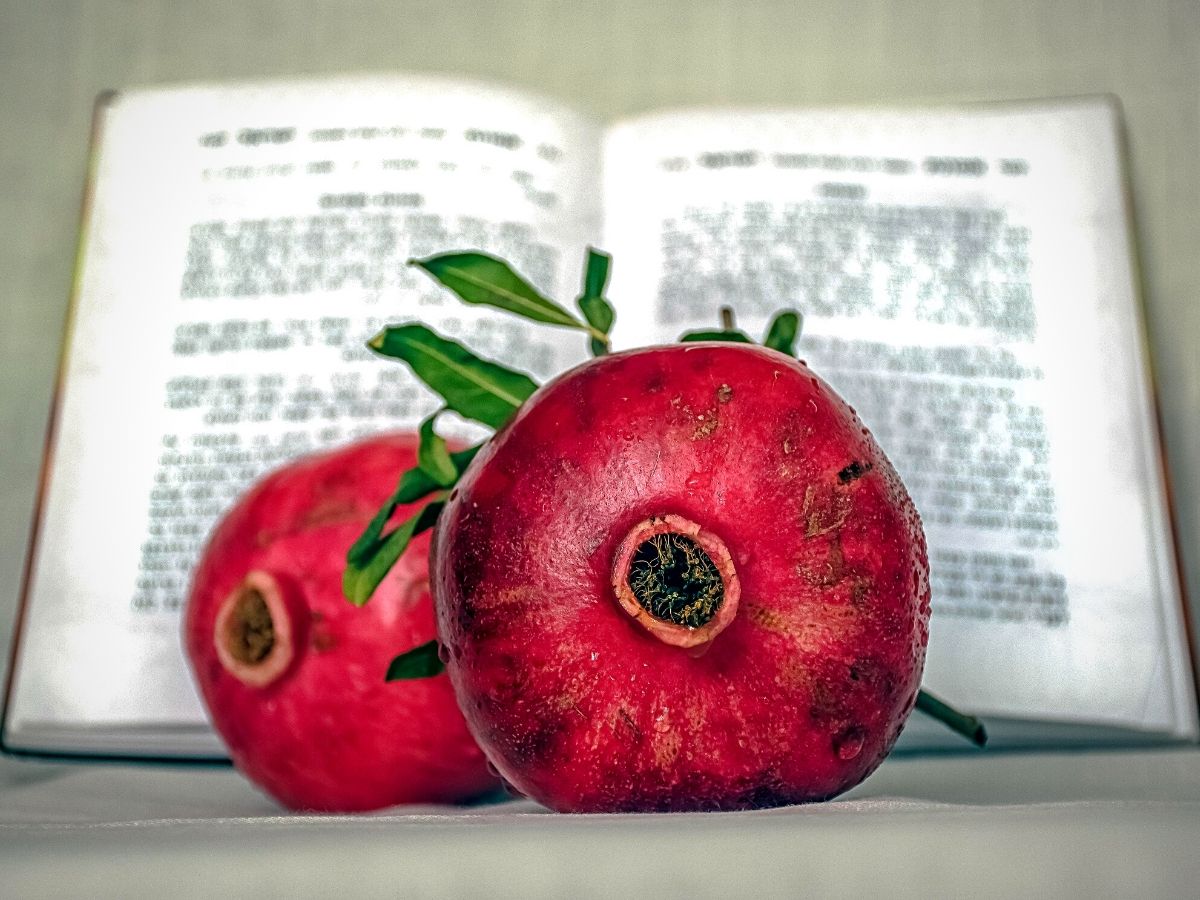
Photo by Ri_Ya on Pixabay.
In fact, the pomegranate is also believed to be the ‘forbidden fruit’ of the Garden of Eden. This makes perhaps more sense than Eve presenting Adam with an apple, the narrative that originated in Western Europe. And further to this, it is listed in the Bible as one of the seven species (shivat haminim) of fruits and grains that are special products of the Land of Israel.
The Anemone Is a Representation of Fragility and Protection
A sanctuary amidst the wilderness, the anemone - also called windflower - is delicate yet resilient, symbolizing fragility, protection, and the divine care extended to the vulnerable. Its appearance in the Torah is a reminder of the importance of compassion and safeguarding those in need.
However, in ancient Egypt, the anemone flower, which largely grows along the flood banks of the Nile as pale, ghostly white blooms, represented illness and death. In ancient Egypt, the anemone flower was thought to be a harbinger of bad luck.
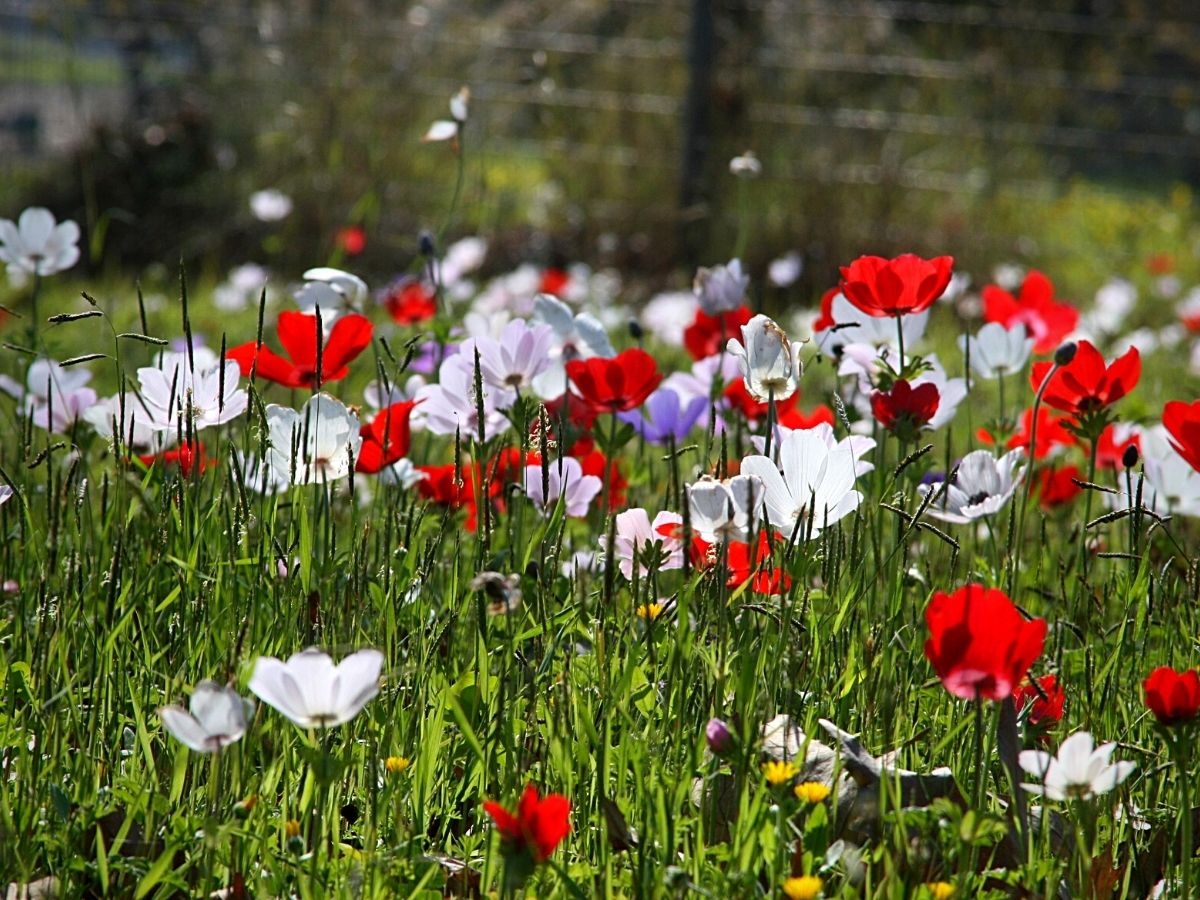
Photo by yaelkimhi0 on Pixabay.
The Almond Blossom Defines Divine Revelation in the Mundane
With its early bloom, the almond blossom represents awakening and divine revelation in the ordinary. The almond tree which blossoms - almond flowers - before the other trees in the land of Israel, is thus recognized as a symbol of life renewed and sustained.
The Hebrew word for almond, ‘shakeid,’ likewise means ‘watchful,’ so symbolically the almond represents God's vigilance over his people. The almond tree which is mentioned several times in the Old Testament is - perhaps - the origin of one of Judaism's most important symbols, the menorah - a type of candelabrum used in Jewish worship. The tree thus symbolizes divine wisdom and presence to illuminate people’s lives, offering guidance toward deep understanding.
Flowers of the Torah Are a Beauty and Symbols at the Same Time
In the Torah, the Hebrew Bible, flowers flourish as symbols of beauty, spirituality, and also profound meanings. Each of the blossoms carries a unique message, with a reminder of the connection to the divine and the intricate being of life.
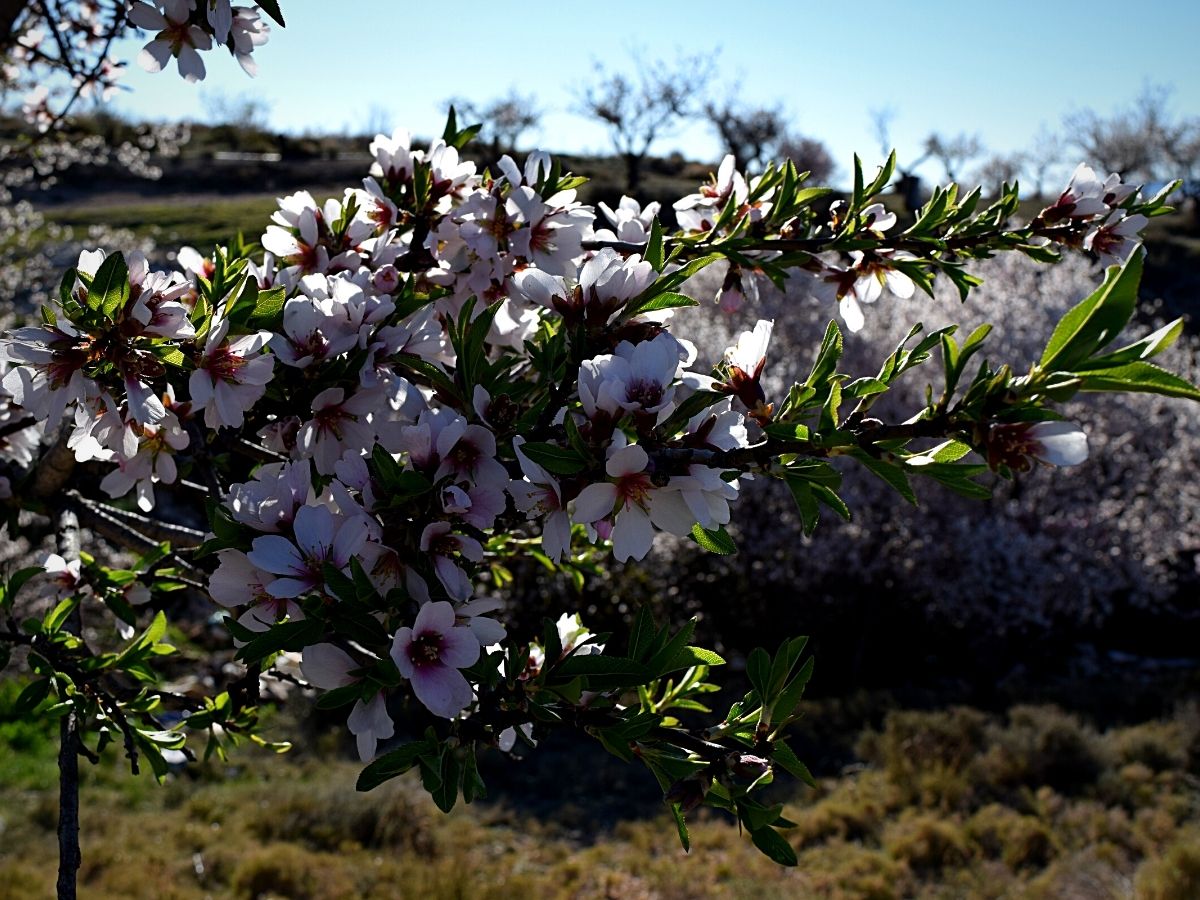
Photo by ValverdeRedactor on Pixabay.
With its flowers, the Torah captivates our senses and inspires us to seek deeper truths, welcome spiritual growth, and appreciate the wondrous beauty that surrounds us.
It is a call to cherish these botanical treasures as we navigate our own spiritual journeys and find solace, meaning, and divine inspiration along the way.
header image by Ri_Ya on Pixabay

